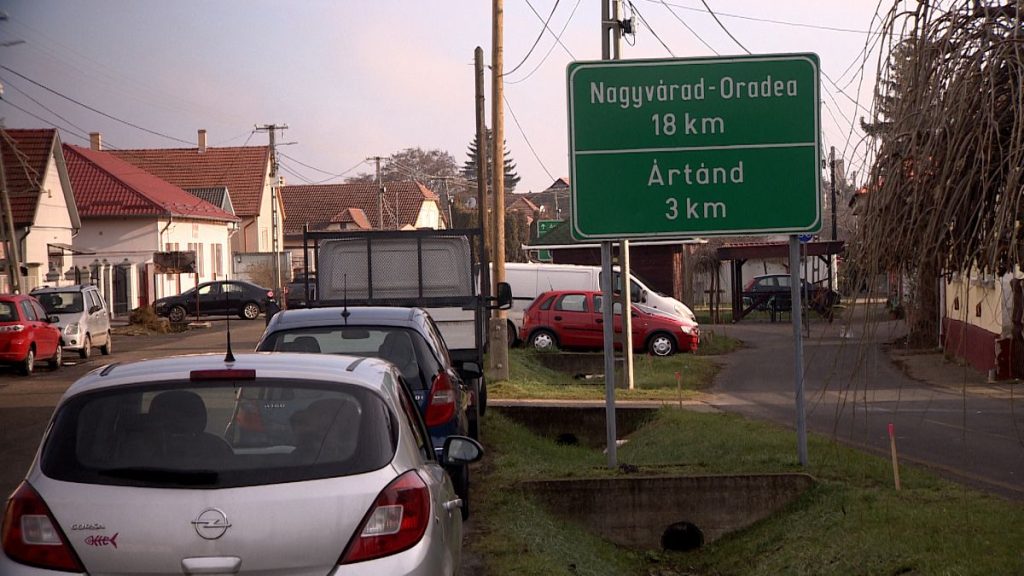Romania’s Schengen Accession: A New Era of Cross-Border Integration with Hungary
Romania’s entry into the Schengen area on January 1st, 2024, marks a significant milestone in its European integration and promises to reshape the dynamics of its relationship with neighboring Hungary. The removal of border checks is poised to facilitate seamless travel and further intertwine the two countries’ economies and societies. This long-awaited accession, endorsed by the European Commission back in 2011 but delayed by opposition from several countries, culminates a protracted process and opens up new opportunities for both nations.
The impact of Schengen membership is already being felt along the border regions, where cross-border commuting and economic activity have been commonplace for years. The town of Biharkeresztes in Hungary exemplifies this trend, with an increasing number of Romanian citizens choosing to reside there, attracted by affordable housing and the convenience of accessing services and employment opportunities in both countries. This cross-border integration extends beyond mere commuting, impacting daily life, education, and family dynamics as individuals weave their lives across the previously delineated border. The removal of physical barriers is expected to further accelerate this integration, fostering closer social and economic ties between the two nations.
The disparity in real estate prices between Romania and Hungary has emerged as a key motivator for cross-border movement. While some Romanian citizens are drawn to Hungarian border towns by lower housing costs, the opposite trend is less prevalent among Hungarians. For Hungarians, the primary incentive for crossing the border lies in access to cheaper goods and services, notably food and petrol, capitalizing on Romania’s lower VAT rates and fuel prices. The asymmetry in cross-border motivations highlights the economic disparities and opportunities that shape the interactions between the two countries.
The accessibility of Hungarian real estate in border regions stands in stark contrast to the perceived isolation of these areas within Hungary itself. With major Hungarian cities like Debrecen and Budapest located a considerable distance away, these border towns have traditionally been less attractive to Hungarian residents. Consequently, property prices have remained significantly lower than in Romania, creating a compelling incentive for Romanians seeking affordable housing. As border restrictions ease and cross-border movement intensifies, the demand for Hungarian real estate is anticipated to rise, potentially narrowing the price gap and altering the real estate landscape in these border regions.
The implications of Romania’s Schengen accession extend beyond the immediate border areas. The removal of internal border controls simplifies trade, tourism, and cultural exchange, fostering deeper integration within the broader European Union. This integration is expected to boost economic activity, promote cultural understanding, and strengthen political ties between Romania and its European partners. The long-standing obstacles to Romania’s Schengen membership, culminating in Austria’s recent lifting of its veto, underscored the complex political landscape surrounding this issue. Overcoming these obstacles signals a significant step towards a more unified and interconnected Europe.
For Romanians, Schengen membership represents more than just the convenience of borderless travel; it symbolizes a validation of their European identity and a strengthening of their ties to the European community. The expressions of relief and anticipation among Romanian citizens underscore the profound significance of this milestone. The removal of border checks is perceived as an affirmation of Romania’s place within the European project, opening up new avenues for economic advancement, educational opportunities, and cultural exchange. The anticipation surrounding Schengen membership reflects the hopes and aspirations of a nation eager to embrace the benefits of deeper European integration.














